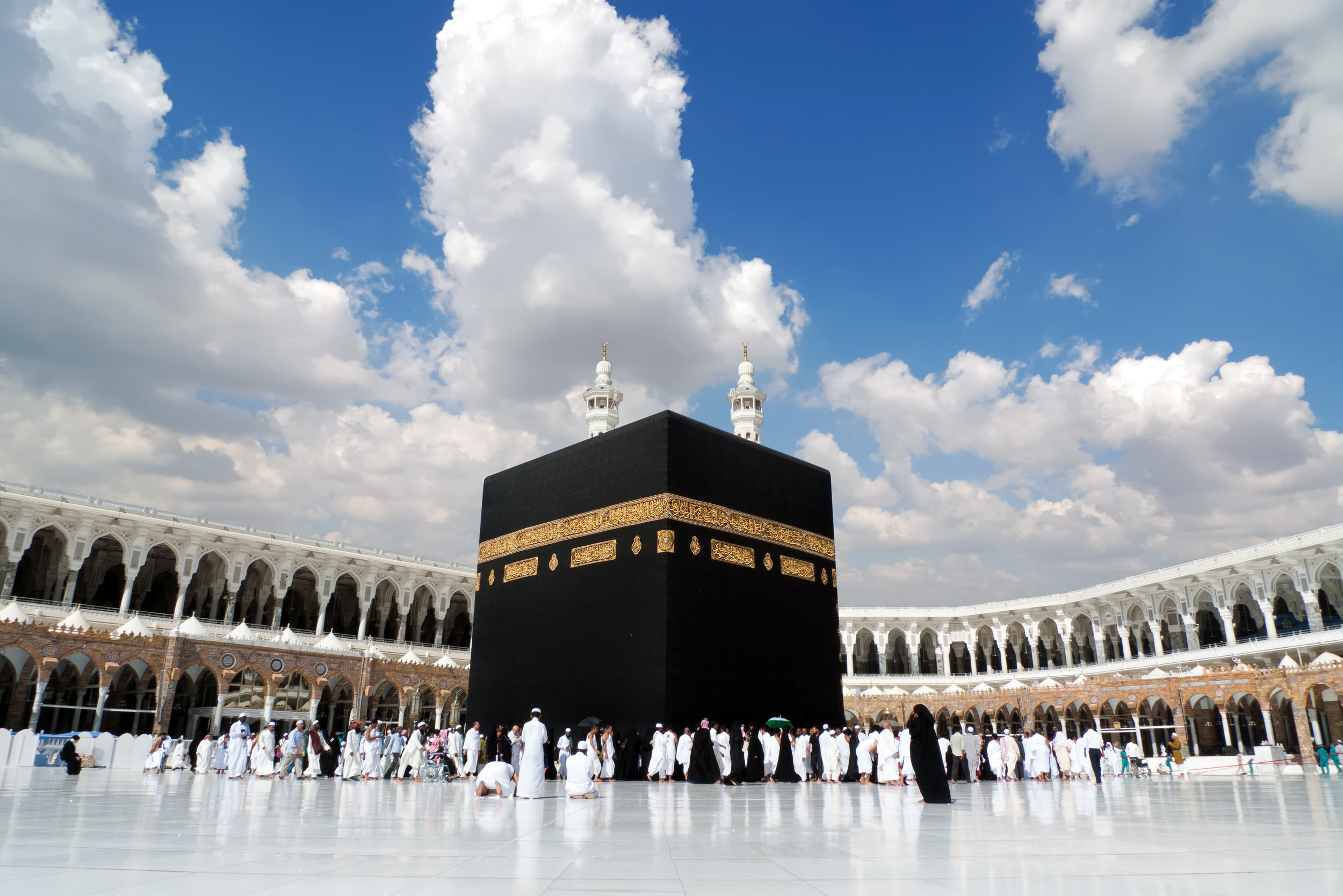Theological Divergences with Christianity, Judaism, and Hinduism: A Comparative Overview
Religion, at its core, seeks to answer questions of existence, purpose, and the divine. While Islam shares historical and cultural ties with both Christianity and Judaism—its Abrahamic siblings—it also engages in theological dialogue and disagreement with religions outside that family, such as Hinduism. Understanding these disagreements is crucial for interfaith respect and global religious literacy.
🕌 Islam vs. Christianity: Theological Divergences
-
Nature of God and the Trinity
Islam is uncompromisingly monotheistic. It rejects the Christian concept of the Trinity (Father, Son, Holy Spirit) as a violation of Tawhid, the absolute oneness of God. For Muslims, associating partners with God (shirk) is the gravest sin. -
Jesus Christ’s Identity
Islam acknowledges Jesus (Isa) as a prophet, born of the Virgin Mary and the Messiah to the Children of Israel. However, it emphatically denies:-
His divinity,
-
That he is the "Son of God",
-
The crucifixion and resurrection (Islam teaches he was not crucified but was taken up by God),
-
The concept of original sin and vicarious atonement through Jesus’ sacrifice.
-
-
Scripture and Revelation
Muslims regard the Qur’an as the final and uncorrupted revelation from God, superseding earlier scriptures such as the Bible, which Islam considers altered over time. -
Salvation and Intercession
Islam teaches that salvation comes through belief in God, righteous deeds, prayer, fasting, charity, and God's mercy—not through the intercession of any savior.
🕌 Islam vs. Judaism: Theological Divergences
-
Prophethood and Revelation
While both believe in many of the same prophets (Abraham, Moses, David, etc.), Islam believes Muhammad is the final prophet, the "Seal of the Prophets," and that the Qur’an is God's final word. Judaism does not accept Muhammad’s prophethood or the divine origin of the Qur’an. -
Jesus and Muhammad
Jews reject Jesus as the Messiah and divine figure, as do Muslims (in terms of divinity). However, Muslims also affirm Jesus' prophethood, which Judaism does not. More critically, Judaism completely rejects Muhammad’s role as a prophet, while this is central to Islam. -
Law and Continuity
Judaism holds the Torah and Jewish law (halakha) as binding. Islam believes that the Jewish scriptures were originally divine but were altered, and thus have been abrogated by the Qur’an and Islamic law (sharia). -
Chosen People vs. Ummah
Judaism emphasizes a covenant with a particular people—Israel. Islam universalizes the message and considers the global Muslim community (ummah) as God's chosen path, emphasizing unity beyond ethnicity.
🕌 Islam vs. Hinduism: Theological Divergences
-
Monotheism vs. Polytheism (or Monism)
Islam is strictly monotheistic and iconoclastic. It opposes the worship of idols or images. Hinduism, though more complex, includes polytheistic traditions, monistic philosophies (Advaita Vedanta), and idol worship (Murti Puja), all of which Islam strongly rejects. -
Concept of God
In Islam, God (Allah) is a singular, personal, transcendent creator. In Hinduism, God can be:-
Personal (Krishna, Shiva),
-
Impersonal (Brahman),
-
Manifest in multiple forms simultaneously.
Islam sees this multiplicity as theological error and shirk (association with God).
-
-
Reincarnation and Karma
Islam teaches a linear view of life: one life, followed by judgment, then paradise or hell. Hinduism teaches cyclical rebirth (samsara) governed by karma. Islam flatly rejects reincarnation. -
Scriptural and Ritual Differences
Islamic scripture is centered on the Qur’an and Hadith, with a focus on strict monotheism and prophetic traditions. Hindu scriptures include the Vedas, Upanishads, Bhagavad Gita, and epics like the Ramayana—none of which Islam recognizes as divine. -
Caste vs. Equality
Islam promotes the idea that all humans are equal before God, regardless of lineage or social class. While many reformist Hindus oppose casteism today, traditional Hindu society was deeply stratified, which Islam critiques as unjust.
🌍 Conclusion: Unity Through Understanding
Islam’s theological disagreements with Christianity, Judaism, and Hinduism reflect deep, principled distinctions about the nature of God, scripture, human destiny, and religious authority. Yet, alongside these divergences, there are shared values: devotion, ethics, community, and the quest for meaning. Understanding these differences not to win arguments but to build mutual respect is essential in a pluralistic world.
In an age of rising polarization, such theological clarity—rooted in knowledge, not prejudice—is a prerequisite for coexistence.


No comments:
Post a Comment